Market Trends
Key Emerging Trends in the Automotive Logistics Market
The growing emphasis on ecological awareness and supportability is one of the distinctive tendencies. Concerns about climate change are causing manufacturers of automobiles and logistics providers to adopt eco-friendly techniques more and more. This includes using electric cars for transportation and combining renewable energy sources with logistical activities. Constant vehicle tracking, predictive analysis for inventory management, and blockchain-enabled safe information exchange are becoming essential components of automotive logistics processes. In a way, globalization has left a very durable impact on the designs of the automobile logistics sector. The manufacturing network has grown increasingly unpredictable since manufacturers are now purchasing parts and putting cars together from various areas of the world. This has prompted a heightened emphasis on expanding logistics partnerships and embracing adaptable creation network processes to address the ever-evolving market dynamics. The need for an effective and adaptable logistics framework is further highlighted by the rise of collecting techniques, without even trying to mention them. Another factor influencing the automobile logistics sector is internet commerce. Conventional appropriation channels are changing due to the growing trend of online car sales and the rise of new electric vehicle firms that sell directly to customers. Due to this change, logistics providers must adapt and develop new models that meet the unique requirements of online car sales, such as last-mile delivery and customer support logistics. Automotive organizations and logistics suppliers are presently putting resources into methodologies to fabricate stronger stock chains, expanding providers, and embracing alternate courses of action to explore unexpected difficulties. The interest for customization in the automotive business is likewise impacting logistics patterns. Buyers progressively expect customized choices while buying vehicles, prompting a more noteworthy assortment of models and designs. This pattern requires an adaptable and deft logistics network that can proficiently deal with different item portfolios and convey redid vehicles to clients as soon as possible. Partners in the automotive business, including makers, providers, and logistics suppliers, need to adjust to these market patterns to stay cutthroat and guarantee the consistent progression of vehicles and parts across the production network. As the automotive business keeps on developing, keeping up to date with these patterns will be urgent for molding compelling logistics techniques and keeping an upper hand in the market.


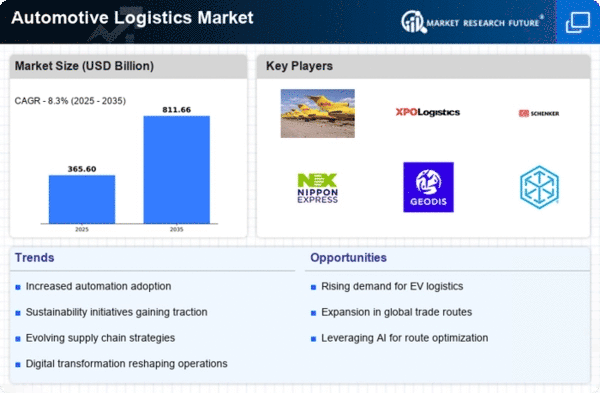
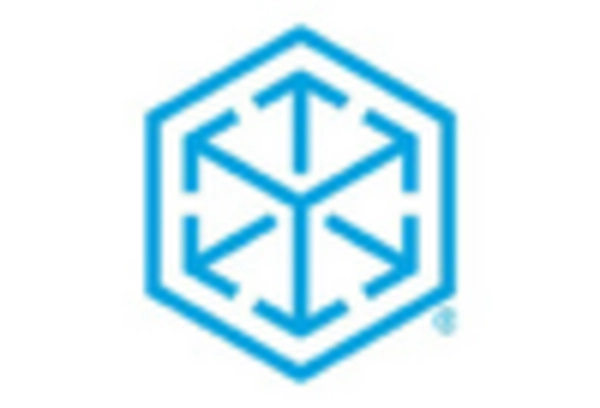
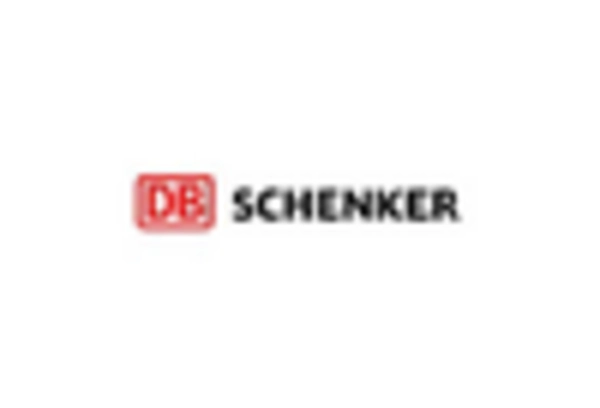
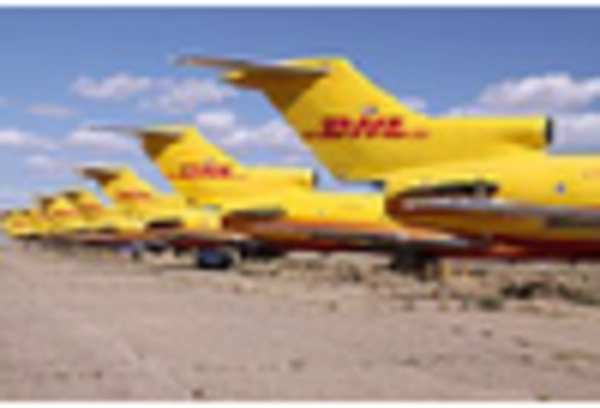
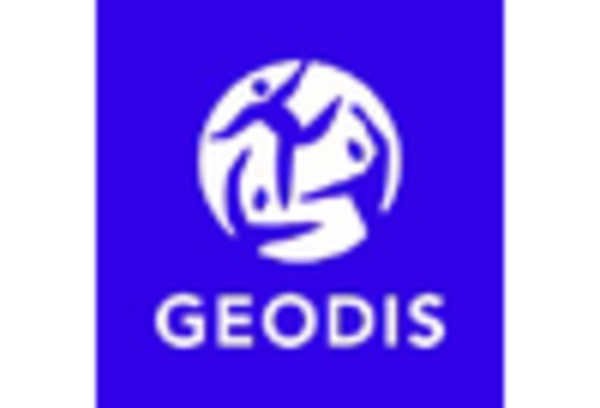

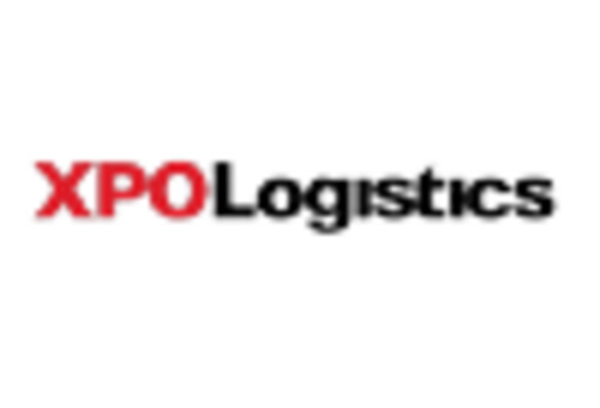









Leave a Comment